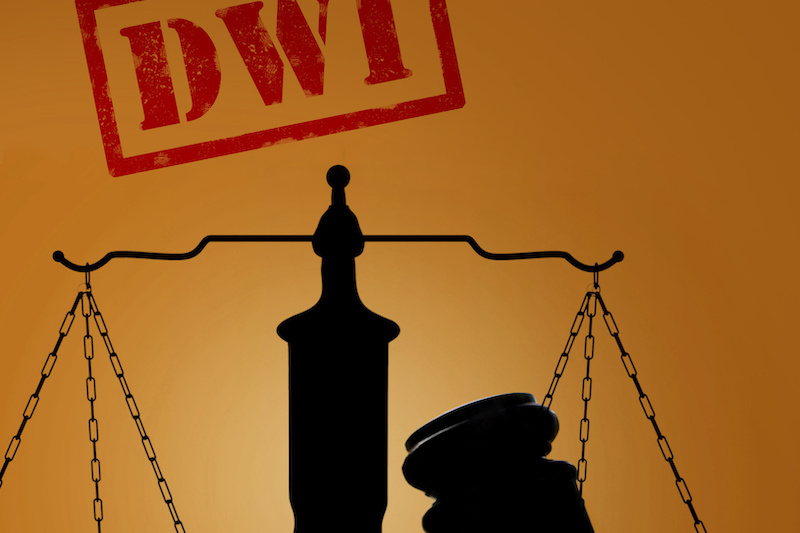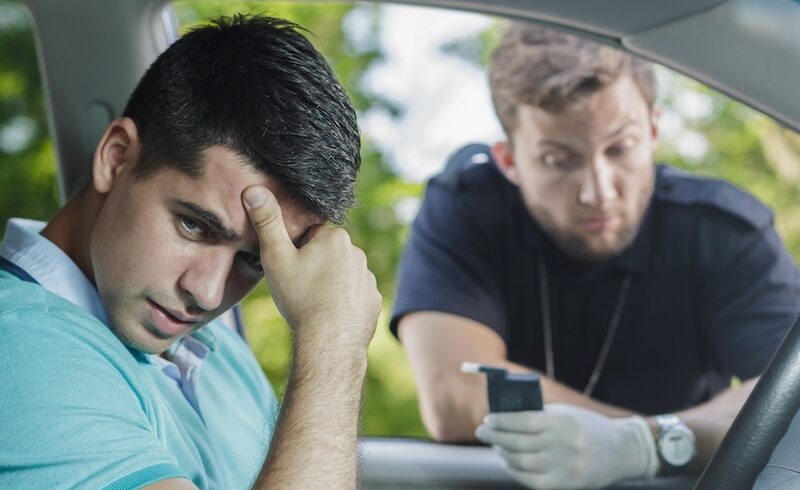
If you’re pulled over for a DUI, what you do next could change the rest of your life.
In Illinois, the minimum penalty for a DUI conviction is a suspension of your license. Depending on your circumstances, you could also face stiff penalties and even jail time.
You’ve surely heard about your right to remain silent, but is remaining silent during a DUI stop a good idea? Here’s what you need to know.
What Happens During a DUI Stop
No matter what you’re pulled over for, from the moment they see you, the police are assessing whether you’ve committed another crime.
The officer will likely start the interaction by asking you where you’re coming from and what you were doing just before you started driving.
This may also include questions like:
- Do you know why I pulled you over?
- How many drinks have you had tonight?
- Which bar are you coming from?
- What kind of drugs have you taken tonight?
Clearly, answering these questions honestly could result in self-incrimination. So, what should you do?
The Right to Remain Silent
Under the 5th Amendment of the constitution, you have the right not to incriminate yourself. This means you do not have to say anything that might help the police arrest you.
You may also be familiar with the Miranda warning, which (among other things) reminds you of your right to remain silent and that anything you say can be used against you in court. Police are not required to read you your Miranda rights unless you are under arrest. However, you can invoke the 5th amendment from the moment you’re pulled over.
When the police begin asking questions that could incriminate you, it’s acceptable to politely refuse to answer until you have an attorney present. In this case, your reply should be something like, “I am exercising my Fifth Amendment right to remain silent until I have an attorney present.”
If the officer persists, you may once again repeat, “I will not answer any questions until I have an attorney present.”
Rather than remaining completely silent and refusing to acknowledge the police, make sure you actually inform them that you’re invoking your right to remain silent.
This might feel uncomfortable, but it’s the right thing to do.
It’s natural to want to cooperate with authorities, but it’s critical to remember that all pre-arrest questions are part of the investigation and your answers could have very serious consequences. Don’t make the mistake of trying to talk your way out of a DUI.
Slurred speech or misused words could serve as evidence that you’re intoxicated. So, it’s best to simply invoke your right and remain silent.
Most importantly, never admit to having used drugs or alcohol, even if you’ve “only had one.” This will be used against you, and once you’ve said it, there’s no going back.
It’s also important not to get out of your vehicle unless the officer asks you to do so, and not to engage in arguments with the officer, no matter what he or she says to you.
Field Sobriety Tests, Searches, and Breathalyzers
In addition to refusing to answer questions, you can also refuse a search of your vehicle, and refuse to take field sobriety tests or blow into a breathalyzer.
This is almost always advisable. Field sobriety tests have a lot of variables and are often difficult even for a person who is completely sober to pass. Breathalyzer tests also have the potential for calibration problems and other issues that can make them unreliable.
It is important to remain polite during your entire interaction with the police. Remember, however, that the police are not on your side.
They won’t encourage you to exercise your right to remain silent. In fact, they may tell you that an innocent person wouldn’t have anything to hide, or that they can make things easier on you if you cooperate.
Do not fall for this. Instead, remain calm, but firm. Say as little as possible and continue exercising your rights.
Potential Consequences of Refusal
It should be noted that your refusal to cooperate does not come without consequences. First, although you have the right to remain silent, you do not have the right to bring an attorney out to the side of the road. If you refuse to answer questions without an attorney present, there’s a good chance you will be placed under arrest and taken into custody.
Refusing to take a breathalyzer or chemical test will result in automatic suspension of your driver’s license for 12 months for the first offense, and three years for subsequent offenses if they occur within five years.
If you take the test and fail, you’ll lose your license for six months for the first offense, and one year for subsequent offenses. However, if you take a breathalyzer test and fail,finding of guilty to DUI is almost guaranteed .
Get Help with Your DUI Today
Knowing what to do during a DUI stop can help keep you out of trouble. However, if it’s already too late, then you’ll want to choose the best DUI attorney you can find.
At the Law Offices of John M. Quinn, we understand that people make mistakes, and we’re here to help you get your life back on track. Contact us today to learn more about fighting your DUI and getting your license reinstated.


